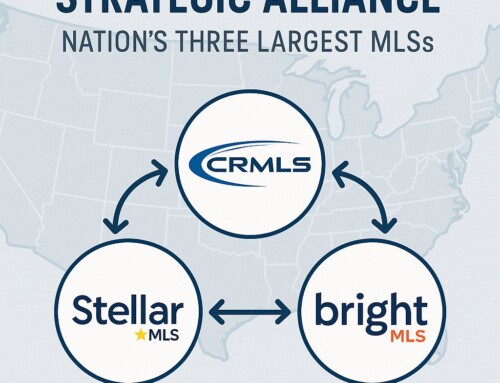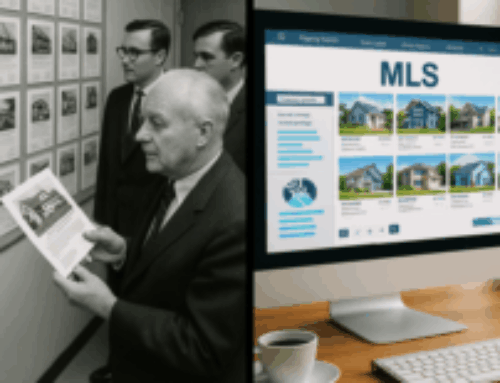MLS executives deeply understand the critical role compliance plays in maintaining data accuracy and integrity within their systems. Through the hundreds of thousands of subscribers we have surveyed via the WAV Group Customer Experience Index, we have noticed a correlation between the severity of the tone of compliance communications and overall MLS satisfaction.
The way that an MLS communicates compliance issues to its members can significantly impact their perception of the organization and the strength of their collaborative relationship. Finding the right balance between creating a sense of urgency and duty, and angering or frustrating subscribers is a very difficult line to draw.
One easy way that MLSs can ensure better compliance while maintaining goodwill with members is to take a closer look at their compliance communications — or, in other words, the emails that get sent when an agent makes a mistake in a listing that needs to be corrected. Here are a few strategies for improving compliance communication to foster positive member relationships and enhance overall compliance efforts.
Adjusting Tone and Content: Adopting Supportive and Constructive Communication
Too often, compliance emails are perceived as punitive and unhelpful, leading to strained member relationships. To counteract this perception, MLSs can adopt a more supportive and constructive yet firm tone in compliance communications.
Rather than focusing solely on the violation itself, organizations can provide guidance and resources to assist members in understanding and rectifying the issue. By positioning the MLS as partners in compliance rather than enforcers, it can build trust and rapport with members, fostering a collaborative approach to maintaining data accuracy and integrity.
Explain the WHY Behind the Rule and Who Benefits from It
MLS Rules and Regs are designed for the greater good and to protect the best interests of both consumers and practitioners. Providing some context about why the rule exists and how it supports more accurate data, but considers the needs of both clients and practitioners sometimes makes them a bit easier to accept.
Wherever Possible, Fix the Issue and then Communicate the Proactivity
There are some rules or issues that can be addressed proactively by the MLS so the practitioner cannot have to make the correction themselves. In these situations, let the subscriber know you were happy to make the change for them and then educate them about how to avoid making the same data error in the future. Let them know you are their partner in creating high quality, highly marketable real estate information.
Enhancing Email Design: Incorporating Clickable Links and Simplifying Layouts
One of the key frustrations for members receiving compliance-related emails is the difficulty in identifying and addressing the issue at hand. By incorporating clickable links directly to relevant listings within any emails, an MLS empowers members to quickly navigate to the specific property in question, streamlining the resolution process.
Additionally, ensuring clarity and simplicity in email layout helps to minimize confusion and improve comprehension, allowing members to focus on addressing compliance issues effectively.
Ensuring Compliance While Building Positive Connections
Effective communication lies at the heart of successful compliance efforts within an MLS. By enhancing email design to facilitate quick and easy resolution of compliance issues and adopting a supportive and constructive tone in our communication, organizations can strengthen member relationships and foster a culture of compliance.
As MLSs continue to prioritize transparency, clarity, and collaboration in our communication practices, they reinforce their underlying commitment to serving the needs of members and upholding the highest standards of data integrity.
I would love those of you who oversee compliance to weigh in on this topic.





We send out a form letter that is a fillable form. It lets the agent know what the violation is and gives them the rules explanation. They are able to appeal any violation which then goes to the rules committee for the final decision. Sometimes they remove the fine and sometimes not. It depends on the violation and how many times an office or agent has done the same thing.
I am an AE at a smaller Board/MLS (275 – 300 members). When we have someone not in compliance, my email is addressed to both email and Broker; it contains the full text of exactly what the violation was and if needed, what can be done to fix it and includes the specific MLS number; it tells them how long they have to correct the particular “infraction”; and ends with an offer from me to please let me know if there is any way I can help. 99% of the responses are great.